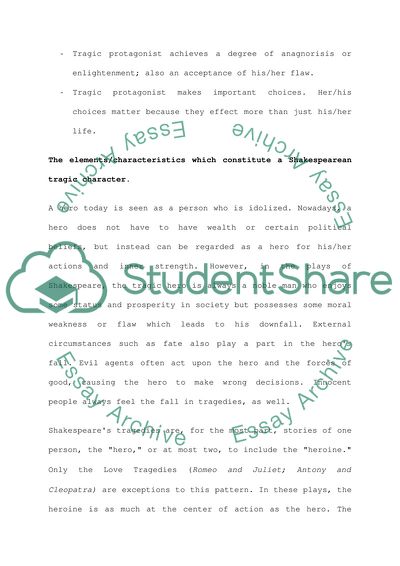Cite this document
(Central Themes in Shakespearean Tragedies Assignment, n.d.)
Central Themes in Shakespearean Tragedies Assignment. Retrieved from https://studentshare.org/literature/1536785-shakespearean-tragedies
Central Themes in Shakespearean Tragedies Assignment. Retrieved from https://studentshare.org/literature/1536785-shakespearean-tragedies
(Central Themes in Shakespearean Tragedies Assignment)
Central Themes in Shakespearean Tragedies Assignment. https://studentshare.org/literature/1536785-shakespearean-tragedies.
Central Themes in Shakespearean Tragedies Assignment. https://studentshare.org/literature/1536785-shakespearean-tragedies.
“Central Themes in Shakespearean Tragedies Assignment”, n.d. https://studentshare.org/literature/1536785-shakespearean-tragedies.


